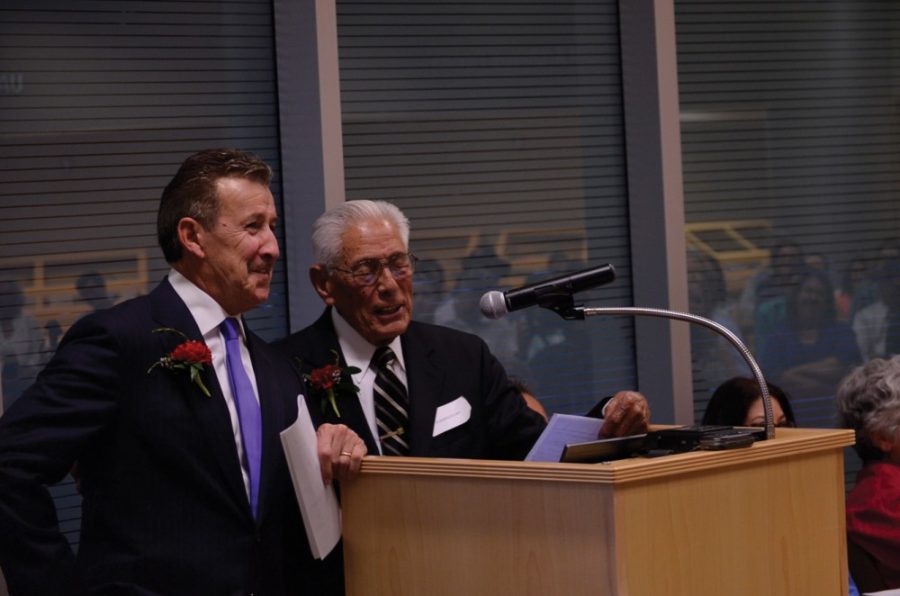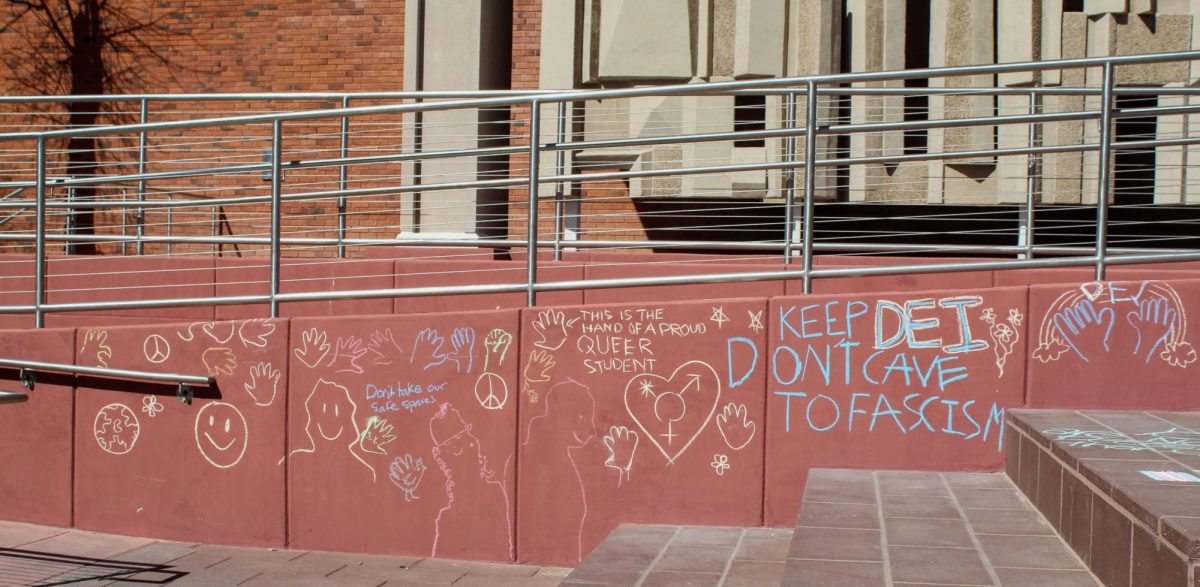A new online resource will make a substantial amount of Mexican and Mexican American media available to the public for the first time.
The UA libraries has created the Historic Mexican and Mexican American Press Collection on its website, which gives students, faculty and the public free access to more than 150 years of archive news from 20 significant Mexican and Mexican American publications.
“Some of the Mexican and Mexican American newspapers are not widely available in print. There’s gaps in coverage and some are published for only a few years,” said Chris Kollen, the data curation librarian for the university libraries. “The UA library saw a real need to provide public access to these newspapers and magazines to encourage discovery and scholarship by students, researchers
and community members.”
Librarians, archivists and UA professors compiled, researched and digitized newspapers and magazines from Tucson, El Paso, Texas; Los Angeles, San Francisco and Sonora, Mexico. The collection of publications ranges in date from the mid-1800s to the 1970s.
On Wednesday night, a celebration was held to applaud the creation and importance of the database.
The festivities included a panel discussion from distinguished speakers including Alberto Elías and Arturo “Arte” Moreno, both grandsons of the owners, publishers and editors of El Tucsonense, Roberto Cintli Rodriguez, former journalist, publisher and editor of Americas 2001 and El Corazon de Aztlan, Celeste González de Bustamante, assistant professor in the UA School of Journalism and Guadalupe Castillo, recipient of the 2011 YWCA Lifetime Achievement Award and co-editor of Coraje, which was published in Tucson by the Mexican American Liberation Committee.
The online collection of these documents preserves historical records of the Mexican and Mexican American community during such times as the Mexican Revolution, the Great Depression and Mexican repatriation, World War II and the Chicano Civil Rights Movement.
One of the highlights of the collection is El Tucsonense, the longest running Spanish-language newspaper in Tucson. The paper was a huge influence on the local community from 1915 to the 1960s, according to Elías. It prided itself in its coverage of Mexican American issues and bringing that community together. The UA has included every publication of the paper from 1924 to 1957 in the database.
The two grandsons of the owners of the newspaper spoke at the ceremony, emphasizing the importance of preserving these papers for both historical importance and public curiosity.
“Just simply by going to the computer, electronically you can connect to the website and get any information that you want of the Tucsonense from 1915 to 1960, but that is just the preface,” Elías said.
Elías then went into detail, describing to the audience the passion and drive behind the newspaper and the influence it had on not only his family, but also the community at large. The paper gives the local community a way to study and preserve the legacy of their family and culture, Elías said.
The three panelists at the ceremony also described the importance of the database of these rare newspapers and the potential they have in aiding research, investigations and history.
“These newspaper articles in the newspaper are just packed full of information that would be very useful to find out how the editors and reporters who were portraying the different factions used it
in the Mexican Revolution,” said González de Bustamante.
The celebration was packed with standing-room only and many attendees were supportive of the database and its historical benefits.
“We know going forward that this collection will provide not only our researchers and students, who are of course very important to us, but they will provide you, our community, with prolonged access to these collection,” said Carla Stoffle, dean of university libraries, “and also your history.”









